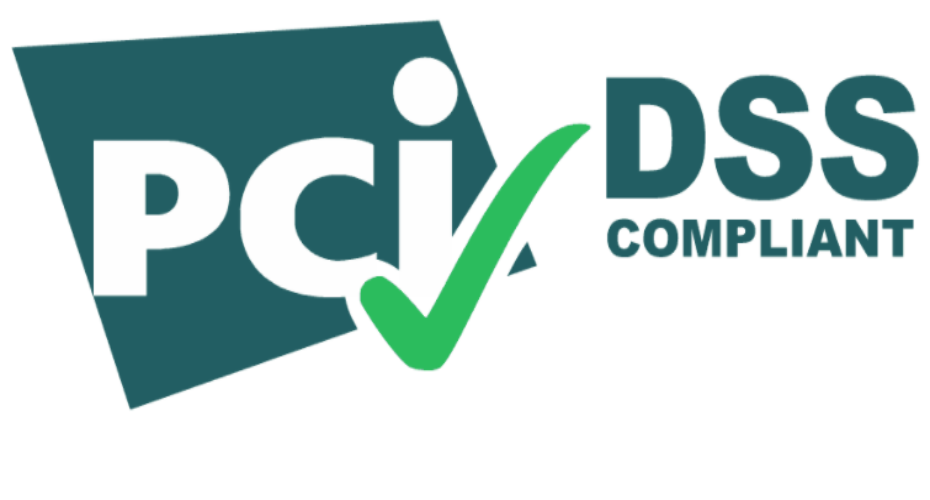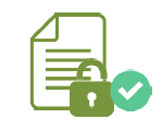
Email: cashiers@exeter.ac.uk
('PCI query' in subject field)
Finance Division:
01392 72(6038 or 3743)
PCI DSS Compliance
The PCI Security Standards Council was founded by the major credit card brands (including MasterCard, VISA and American Express ) in response to the rising levels of card fraud. The result was the introduction of the PCI DSS – a set of requirements around how cardholder data is transmitted, processed and stored. The University is PCI DSS compliant and an external accreditation audit is carried out annually. All University departments that accept card payment are required to comply with PCI DSS standards and should be prepared to provide evidence of their adherence to these standards.
The University approved supplier for all online payments is WPM. If staff need advice about setting up online payments, or if, in rare cases, an alternative supplier is needed, they should contact Head of Financial Operations to discuss their requirements. In this instance a copy of the suppliers up to date Attestation of PCI Compliance must be provided to the Head of Financial Operations in advance of implementation.
Training
Training must be undertaken by all staff accepting card payments – please contact cashiers@exeter.ac.uk (please state 'PCI Query' in subject field) for further guidance, support and access to the PCI training.
Quick Reference Guide
PCI DSS basics
- Created in 2006 by the Payment Card Industry (PCI)
- It combined security policies into a Data Security Standard (DSS)
- It is intended to help protect against fraud
- To comply you must protect cardholder data
- Only allow access to data on a need-to-know basis
- When no longer needed, data must be securely destroyed
Summary objectives
- Build and maintain a secure network and systems
- Protect cardholder data
- Maintain a vulnerability management program
- Implement strong access control measures
- Regularly monitor and test networks
- Maintain an information security policy
To ensure compliance we must all:

Only use University approved systems
For example: Sales/PDQ terminal

Keep merchant data for at least 6 months
then a further 12 months

Destroy any personal data
when no longer needed

Store all printed data securely
and control access

Ensure card details are NEVER emailed
or sent via networked fax

Never store personal card data digitally
Redact details if scanning

